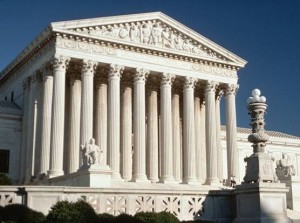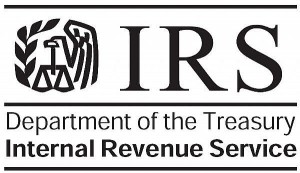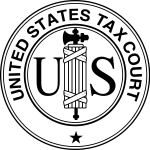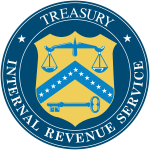 In a huge win for the taxpayers in this case and many other similarly situated taxpayers, the U.S. Supreme Court handed down its opinion in United States v. Home Concrete & Supply, LLC yesterday. The Supreme Court affirmed the decision of the 4th Circuit Court of Appeals holding that the six-year statute of limitations applicable to unreported income, IRC 6501(e), did not apply when a taxpayer overstated basis, and thus understated income. The Supreme Court embraced the principle of stare decisis and followed its opinion in Colony, Inc. v. Commissioner, 357 U. S. 28 (1958) to decide the question.
In a huge win for the taxpayers in this case and many other similarly situated taxpayers, the U.S. Supreme Court handed down its opinion in United States v. Home Concrete & Supply, LLC yesterday. The Supreme Court affirmed the decision of the 4th Circuit Court of Appeals holding that the six-year statute of limitations applicable to unreported income, IRC 6501(e), did not apply when a taxpayer overstated basis, and thus understated income. The Supreme Court embraced the principle of stare decisis and followed its opinion in Colony, Inc. v. Commissioner, 357 U. S. 28 (1958) to decide the question.
The case was selected for consideration to resolve a split in the circuits that ostensibly began with the 9th Circuit’s decision in Bakersfield Energy Partners, LP v. Commissioner, 128 T.C. 207 (2007), affd. 568 F.3d 767 (9th Cir. 2009) but soon became known as the “Intermountain issue” after the Tax Court’s decision in Intermountain Insurance Service of Vail LLC v. Commissioner, 134 T.C. 211 (2010) which followed Bakersfield. The Intermountain decision came to exemplify a series of cases that received disparate treatment in the Courts of Appeals. The Court of Appeals came down in favor of the government in the 7th Circuit, the D.C. Circuit and the Federal Circuit though for different reasons. The 4th and 5th Circuit sided with the Tax Court and the 9th Circuit deciding that the 6 year statute of limitations did not apply to overstated basis. These cases attracted particular attention from both tax practitioners and the government because the overstated basis in each instance was the product of tax strategies (mostly Son of Boss transactions) that the government had listed or deemed abusive as a tax shelter.
The Supreme Court’s decision determined the straightforward question of whether an understatement of basis extends the traditional 3-year statute of limitations to 6 years under IRC 6501(e). It does not. However, many scholars and tax procedure wonks were hoping that the court would provide some guidance on the procedural validity and applicability of Treasury Regulation 301.6501(e)-1. Treas. Reg. 301.6501(e)-1 was promulgated as a temporary regulation in 2009 with a retroactive date of application to “correct” the 6-year statute of limitations controversy. The Temporary Regulation was published simultaneously with a Proposed Regulation to the same effect but without a pre-publication comment period. Some argued that such a move violated the Administrative Procedures Act (APA), notably among them Tax Court Judges Halpern and Holmes. (See their concurrence in the Tax Court’s Intermountain opinion.) The concern of many observers was not only the procedural validity of the regulation as promulgated but also whether an agency could promulgate a regulation that would have the effect of invalidating a Supreme Court interpretation of an ambiguous statute (which presumably this regulation would have done). The Supreme Court’s decision in National Cable & Telecommunications Assn. v. Brand X Internet Services, 545 U.S. 967 (2005), certainly suggested that the latter outcome was possible and the parties and amici briefed that issue extensively.
In the end, the Supreme Court invalidated the regulation on the narrow ground that did not apply because of the precedent established in Colony, Inc. It did not address the validity of the regulation’s promulgation under the APA or the broader question of whether a regulation could invalidate a Supreme Court interpretation. Presumably those questions will be left for another day.
Read the Supreme Court Opinion here:
U.S. v. Home Concrete & Supply, LLC., Docket No. 11-139 (April 25, 2012)






